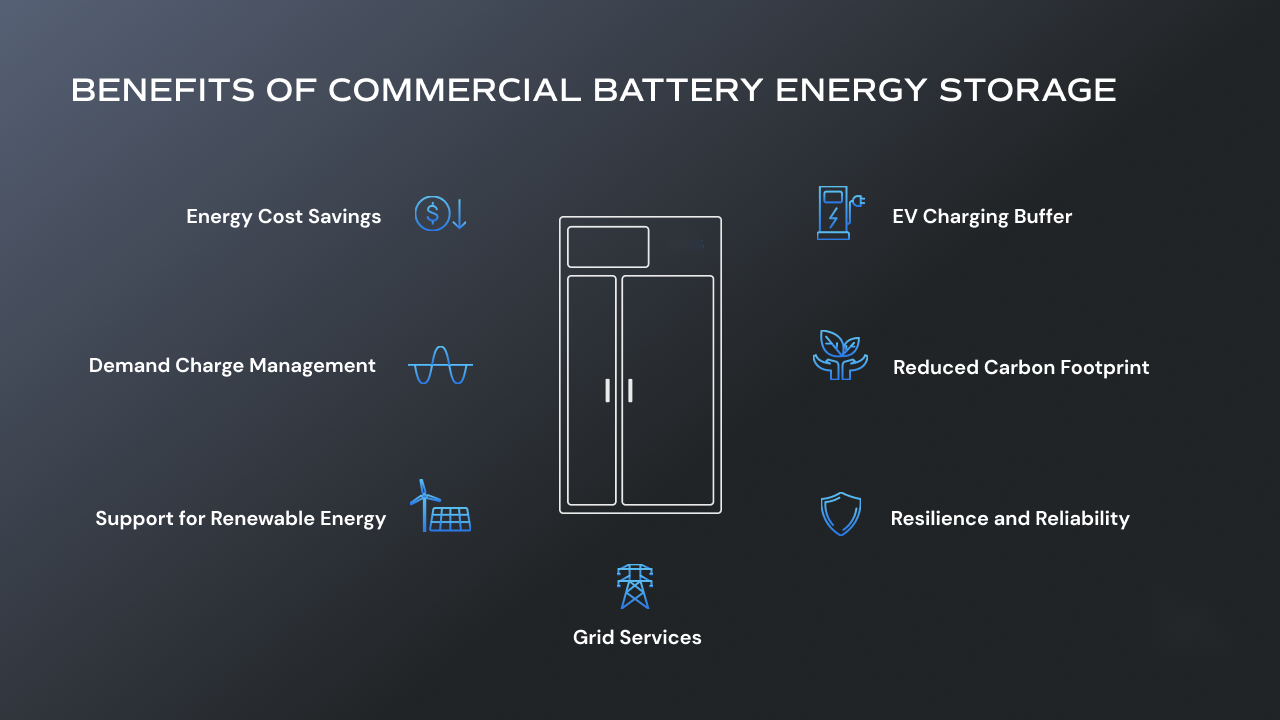
1월 . 12, 2024 14:58 다시 목록으로
배터리 에너지 저장 시스템 기본: 배터리, PCS, BMS
The global energy crisis and the pressing need for environmental protection have brought energy storage technology to the forefront as a key solution. Among the various energy storage technologies available, battery energy storage systems have emerged as one of the most practical and commonly used options. At the heart of these systems lie three essential components: batteries, power conversion systems (PCS), and battery management systems (BMS).
먼저, 배터리 에너지 저장 시스템의 핵심인 배터리 자체에 대해 살펴보겠습니다. 배터리는 화학 에너지를 전기 에너지로 변환하는 장치입니다. 양극과 음극, 전해질, 분리막으로 구성됩니다. 납축전지, 니켈수소전지, 리튬이온전지 등 다양한 종류의 배터리가 있습니다. 이 중 리튬이온 배터리는 높은 에너지 밀도, 긴 수명, 친환경성 등으로 인기를 끌고 있다.
전력 변환 시스템(PCS)으로 넘어가면, 이 구성 요소는 배터리에 저장된 전기 에너지를 그리드나 사용자에게 공급할 수 있는 AC 전력으로 변환하여 배터리 에너지 저장 시스템에서 중요한 역할을 합니다. PCS는 일반적으로 인버터, 변압기, 컨트롤러로 구성됩니다. 주요 기능은 DC 전원을 AC 전원으로 변환하고 전기 에너지의 입출력을 제어하며 전체 시스템의 안전과 안정성을 보장하는 것입니다. PCS의 성능은 배터리 에너지 저장 시스템의 효율성과 서비스 수명에 직접적인 영향을 미칩니다.

다음으로 배터리 에너지 저장 시스템의 핵심 구성 요소인 배터리 관리 시스템(BMS)이 있습니다. BMS에는 모니터링 모듈, 제어 모듈, 통신 모듈이 포함됩니다. 주요 임무는 전압, 전류, 온도, 충전 상태(SOC)와 같은 매개변수를 포함하여 배터리 상태를 실시간으로 모니터링하고 제어하는 것입니다. 또한 BMS는 과충전, 과방전, 과전류 등의 잠재적인 위험으로부터 배터리를 보호 및 제어하여 배터리의 안전성과 수명을 보장합니다.
In summary, the battery energy storage system comprises three fundamental components: batteries, PCS, and BMS. Batteries serve as the core storage mechanism, PCS converts stored energy into usable AC power, and BMS actively monitors and protects the battery, ensuring its optimal functioning and longevity. Achieving efficient, stable, and safe operation of battery energy storage systems relies on the harmonious cooperation between these three components.
Efficient energy storage is essential for meeting the demands of a fluctuating energy grid and reducing reliance on fossil fuels. Battery energy storage systems offer a viable solution to these challenges, providing a means to capture and utilize excess energy and deliver it back to the grid when needed. This technology has the potential to significantly enhance the reliability and stability of power supply, paving the way for a cleaner and more sustainable energy future.
As the global energy crisis intensifies, there is a growing need for further research and development to advance battery technology and optimize the performance of battery energy storage systems. Improvements in battery energy density, lifespan, and cost-effectiveness are crucial to accelerating the adoption of battery energy storage on a larger scale. Additionally, the integration of intelligent control systems and advanced monitoring technologies can enhance the efficiency and safety of battery energy storage systems, making them an even more attractive solution for future energy needs.
In conclusion, battery energy storage systems are at the forefront of the fight against the global energy crisis. Batteries, PCS, and BMS constitute the essential components of these systems, collectively working together to store, convert, and optimize energy usage. As the world strives to transition towards cleaner and sustainable energy sources, battery energy storage systems will play a pivotal role in achieving this goal. Continued advancements in battery technology and system integration will propel the widespread adoption of energy storage, providing a more reliable and environmentally friendly energy landscape.
침해시 삭제됩니다
참고 웹사이트:https://www.scupower.com
-
Wireless DC Charging: The Next Frontier in Contactless EV Power Delivery
소식Aug.04,2025
-
Hybrid BMS Energy Controls: Integrating Renewable Energy Sources
소식Aug.04,2025
-
Blockchain for Secure and Decentralized EMS Power Systems
소식Aug.04,2025
-
AI-Driven for Smart Grids: Energy Management System (EMS)
소식Aug.04,2025
-
Advanced Distribution Management System (ADMS) Energy
소식Aug.04,2025
-
5G-Enhanced BMS Energy Savings: Ultra-Low Latency Control
소식Aug.04,2025























